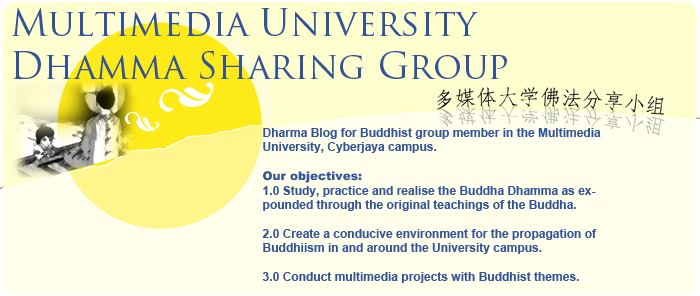Fault Finding & Resentment
By R. K. Wijayaratne
Anger is one of the biggest causes of unhappiness in our lives. As human beings we are all full of faults and having to live and interact with others means that we get to see others' faults on a regular basis and often get wronged by others. This can give rise to anger if not positively dealt with thus making us very unhappy. One way we can deal with these situations is to develop positive thought affirmations.2
We can often remember others' faults, mistakes and short comings, where someone didn’t do something right and it affected us somehow. This can give rise to irritation and anger if not checked and dealt with early on. We can use positive thought affirmation3 in such situations by affirming with our thoughts to ourselves like this when our minds begins to focus on others’ faults:
I do not wish to dwell on others' faults. We can keep repeating this in our thoughts until that tendency of the mind to focus on others’ faults vanishes. We could go step further and omit the phrase "other's faults" and not even acknowledging that they are at fault as below:
I do not wish to look at what others are doing. What this means is that we are affirming in our thoughts that we do not wish to dwell on what others have done or not done, but rather just prefer to focus our attention on what we ourselves have done or left undone.4 This leaves no room for us to find fault with others as finding fault with others has a tendency to increase anger within us towards them. In the timeless words of the Lord Buddha from the Dhammapada:
Let not one seek others’ faults, things left done and undone by others, but one's own deeds done and undone. Dhammapada Verse 50. Easily seen are others' faults, hard indeed to see are one's own. Like chaff one winnows others' faults, but one's own (faults) one hides, as a crafty fowler conceals himself by camouflage. Dhammapada Verse 252. He who sees others' faults, and is ever irritable, the corruptions of such a one grow. He is far from the destruction of corruptions. Dhammapada Verse 253. Additionally when we look at others’ faults like this it can also remind us of wrongs that they may have done to us in the past giving rise to resentment. These two, fault-finding and resentment, actually go hand in hand with each other; one can lead to the other and vice versa. So again when resentment arises as a result of dwelling on past wrongs done to us by others we mentally affirm thus:
I do not wish to remember what (wrongs) others have done to me in the past. Again we can repeat this in our thoughts as many times as necessary in our minds until the mind stops dwelling on the wrongs done to us by others. To go back to the words of the Lord Buddha from the Dhammapada:
"He abused me, he beat me, he defeated me, he robbed me," in those who harbour such thoughts hatred is not appeased. Dhammapada Verse 3. "He abused me, he beat me, he defeated me, he robbed me," in those who do not harbour such thoughts hatred is appeased. Dhammapada Verse 4. It is very important in our daily lives to A. not look at others faults in the first place which causes irritation and anger to arise towards them and B. to not dwell on wrongs that others have done to us in the past giving rise to resentment within us towards them. These two things only increase anger within us making us very unhappy, so it is important that we deal them positively by using positive thought affirmations. This way we can gain control over anger before it even has a chance to arise, thereby making us much happier.
May you gain mastery over anger and may you attain Nibbana!
Notes:
2. This is inline with the Lord Buddha's instructions in the Vitakkasantana Sutta in which he instructs to look away from and to not focus on negative thoughts when they arise.
3. This mental affirmation method can also be used against other kinds of mental negativities such as doubt, fear, lust, sloth. For example "I wont be swayed by doubt like this", "I wont give into this fear", "I wont be overcome by this lust", "I wont be slothful" and so on.
4. It is amazing how we start seeing our own faults when we stop focussing on others’ faults, which we did not see before because our minds were too engrossed in the faults of others. The previous illusion about ourselves being perfect and faultless gets shattered quite quickly!







